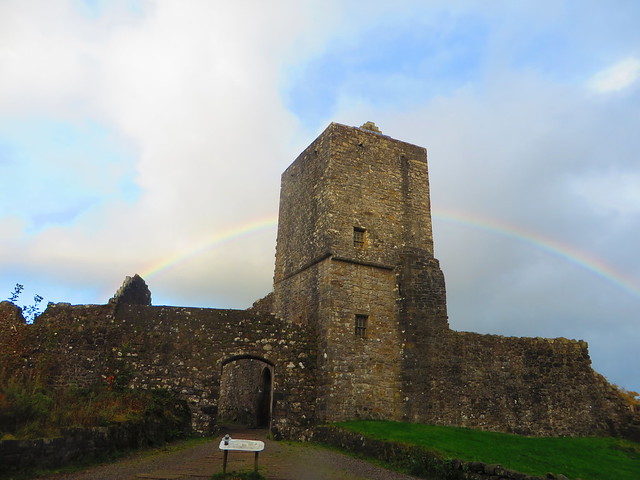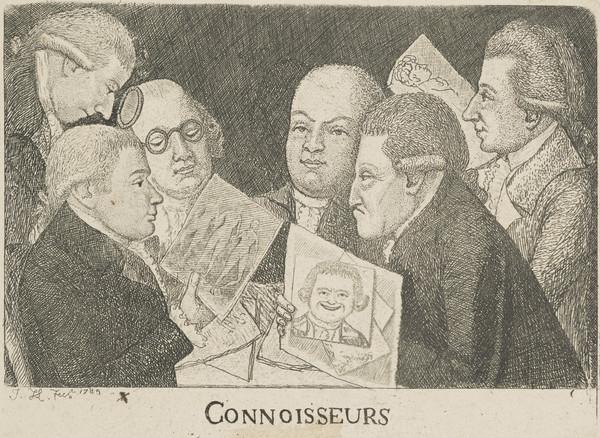In Initial Teacher Education programmes, we spend time and effort clarifying for our student teachers the importance of collaboration and partnerships. Rightly, much of our emphasis is put on the importance of keeping the child at the centre of our decisions and working with partner agencies and colleagues to ensure our young people are Safe, Healthy, Achieving, Nurtured, Active, Respected, Responsible and Included.
Worringly, it can be all too easy for classroom teachers to withdraw into their own classrooms, developing tunnel-vision in their pursuit of improved professional practice. For these soloists, the pressure mounts as the year moves on, they gallantly struggle to deliver the type of learning expected by management and parents, heroically accommodating the needs of all their learners whilst simultaneously ensuring their students jump through all the right exam-prep hoops (at just the “right” time), all whilst spending their evenings marking and painstakingly pouring over data to identify areas for further development. Blaming themselves for anything other than progress.
Collaboration and Partnership working can have many benefits then for Staff Health and Wellbeing too and, ultimately, this means better staff retention for schools.
Sharing the burden
One of those benefits is the recognition and understanding that individual teachers do not carry the pressure for the wellbeing and success of their learners. Rather, that pressure is shared across the whole community.
Pasi Sahlberg recently told Dr Deborah Netolicky, "If we run schools within a culture of collaboration and collectively being responsible for things, it benefits also the adults and teachers when they realise the work is not only about 'my work', 'my results' and 'my outcomes', but we are responsible for all these young people in our community. We should see them as our students, our children, not just looking at our own classroom"
And it is not only class teachers who benefit from this kind widening of horizons beyond-the-classroom. School Leaders can benefit from a more collaborative, cooperative approach to leadership.
Last year, Steve Munby, in conversation with Sarah Philp and Billy Burke, explained we can all change the system for the better, from within our own sphere of influence, but we must first "believe and behave that children's learning in other schools is as important as children's learning in our own school. Once [we] accept that we are here to enable all children to be powerful learners, not just those in our school, that's a fundamental shift in approach. It means that when a school down the road is struggling, [we] pick up the phone and ask 'How can I help?'
I know, first hand, the value of having close working relationships with teachers across Scotland and the support and sharing that I benefited from as an early career teacher from colleagues within the Modern Studies Association - the gratitude I felt then helped shaped my approach to sharing back whenever I was approached thereafter.
With both the Regional Improvement Collaboraitves (RICs) and Education Scotland under increased pressure recently, perhaps Local Authorities need to look more closely at how they are facilitating sharing across schools. Where is the time set aside for collegiate conversations and engagement at all levels? How are we building networks of support?
And withing our schools, Senior Leaders must avoid constant delivery of information and open up in-service days for increased collaboration and cooperation.
After all, teaching is a not a job for a Superman figure, single-handedly saving
the world. It takes a team, so how are you building yours and supporting your
staff to share their burdens?











